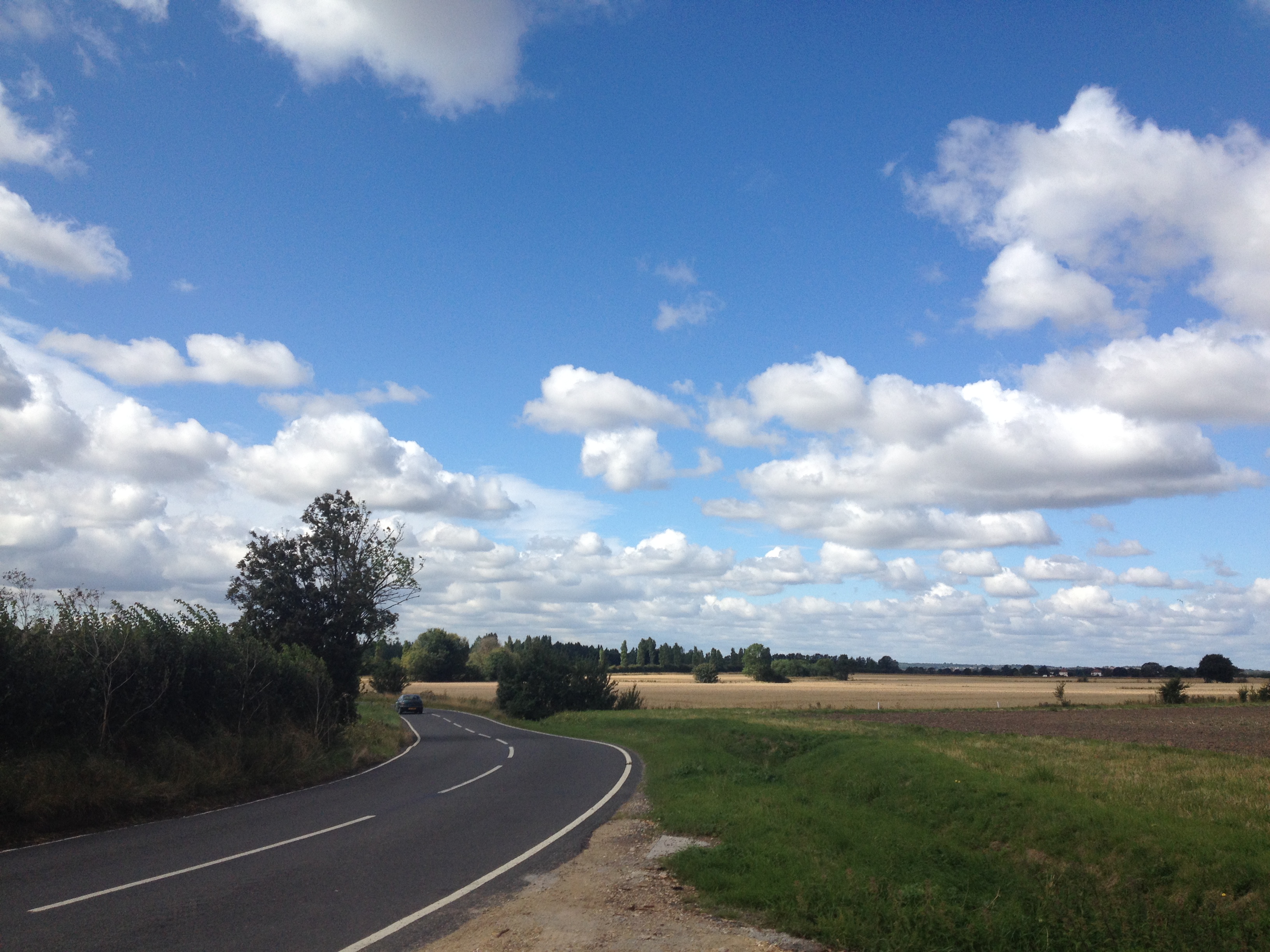Learning to drive with an A Pass 4 U Driving Instructor should enable you to proficiently pass the UK driving test but what happens once you’re on the road on your own and the temptation of picking up the mobile phone or driving all day and night to get to a destination on the other side of the country hits – what then?
Creating good driving habits is incredibly important, as once the driving test is only a memory, its down to you to drive responsibly and sensibly when on the road. Here are 5 good driving habits to create.
Keep Your Eyes On The Road
There are so many distractions in our daily lives, which stop us from concentrating on the most important things and when driving on the road you need conscious, focused attention, to ensure that as much as possible, accidents can be avoided. If you need your phone, then make sure you are using a hands free device. The last thing you want to be doing is taking your eyes off the road and looking down. Remember using a mobile phone in this way is illegal, when driving, in the UK. Forget the crisps and sweets if possible. Any type of distraction which has you taking your hands off the wheel and eyes off the road, to do something else is dangerous.
Stay Within the Speed Limit
ROSPA has a great top ten guide on their site, which I’ve listed below. This can be printed off and be used as a reminder.
Check your speedometer regularly, especially when leaving high speed roads
Know the limits – look for signs, especially at junctions
Assume lamp posts mean 30 mph, until signs say otherwise, but remember it could be 20 mph
Remember, speed limits are a maximum, not a target
20’s plenty when kids are about – and may even be too fast
Try no higher than 3rd gear in a 30 mph limit
Recognise what makes you speed – keeping up with traffic, overtaking or being tailgated
Concentrate – distracted drivers speed
Slow down when entering villages
Give yourself time – there’s no need to speed and you won’t get there quicker
One of the best things you can do, is get to know yourself when driving. I’m talking about what makes you feel stressed? When is the best time of day for you to drive? When are you most likely to make mistakes? I’m a morning person – more alert first thing. So I know if I’m driving late at night, I need to drive with the window open, have a strong cup of coffee if possible, before and during driving for a long time. If I’m going on a long trip, I will try and leave very early in the morning because that’s when I know I’ll be at my best. These are all things I can do to help myself and other road users.
Be Aware of Driver Fatigue
This habit relates closely to the one above, if you get to know yourself, then you will be more aware of when your body is tired and it will enable you to plan your journeys more efficiently. “A quarter of all crashes on British main roads causing death or serious injury are tiredness-related [1]. Motorways and dual carriageways are particularly high-risk, as this type of driving is monotonous, with fewer interruptions and challenging scenarios to keep drivers alert and attentive [2]. It’s estimated that almost one in five crashes on trunk roads are fatigue-related.” Brake.org.uk Keep an energy drink in the car for when you need it is a good tip, but give it around 15 mins to kick in. In which time you could stop, have a rest, get out of your car and take a little walk around. This will help refresh you. Getting a regular good night sleep is the best thing you can do for every day driving.
Forget Complacency
Don’t become overconfident, thinking you are better than other car drivers, as this can lead to bad driving habits and accidents. Keep increasing your self awareness, abide by the rules and laws of the roads. Keep in mind other road users and keep your wits about you. Although your experience as a driver will increase, you must treat each time you get behind the wheel as new.
Now you know of 5 good habits to cultivate as a driver. Is there anything you’d like to add?



